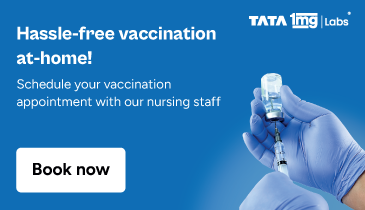Nasoshine AF Nasal Spray
Product introduction
Nasoshine AF Nasal Spray should be used as you have been advised by your doctor. Do not use it more often or for longer than recommended. Normally you should blow your nose gently before using it. Keep one nostril closed while instilling the medicine into the other, and then sniff hard to make sure it reaches deep into the nose. Then repeat for the other nostril. It provides relief very quickly and can last for several hours.
The most common side effects are taste change, nosebleeds, and headaches. Most of these are temporary and usually resolve with time. Contact your doctor straight away if you are at all concerned about any of these side effects.
Never support self-medication or recommend your medicine to another person. It is beneficial to have plenty of fluids while taking this medication. Before you start taking this medicine it is important to inform your doctor if you are suffering from liver or kidney disease. You should also tell your doctor if you are pregnant, planning pregnancy, or breastfeeding.
Uses of Nasoshine AF Nasal Spray
- Sneezing and runny nose due to allergies
Benefits of Nasoshine AF Nasal Spray
In Sneezing and runny nose due to allergies
Side effects of Nasoshine AF Nasal Spray
Common side effects of Nasoshine AF
- Taste change
- Nosebleeds
- Headache
How to use Nasoshine AF Nasal Spray
How Nasoshine AF Nasal Spray works
Safety advice
What if you forget to take Nasoshine AF Nasal Spray?
All substitutes
Quick tips
- The right way to use the nasal spray:
- Shake the bottle before using the medicine.
- Clean your nose thoroughly before using the medicine.
- Insert the bottle tip into one nostril and close the other nostril.
- Direct the spray towards the sides of your nostril, away from the cartilage dividing the two sides of your nose.
- Breathe out gently through your mouth and repeat the same process for the other nostril.
- Avoid deep breathing as it will cause medication to go back to the throat and make it less effective.
- Do not share the bottle with anyone else so that you do not spread germs.
- Nasoshine AF Nasal Spray should be avoided in patients with recent nasal ulcers, nasal surgery, or nasal trauma.
Fact Box
Patient concerns
Disclaimer:
Tata 1mg's sole intention is to ensure that its consumers get information that is expert-reviewed, accurate and trustworthy. However, the information contained herein should NOT be used as a substitute for the advice of a qualified physician. The information provided here is for informational purposes only. This may not cover everything about particular health conditions, lab tests, medicines, all possible side effects, drug interactions, warnings, alerts, etc. Please consult your doctor and discuss all your queries related to any disease or medicine. We intend to support, not replace, the doctor-patient relationship.References
- Skidgel RA. Histamine, Bradykinin, and Their Antagonists. In: Brunton LL, Hilal-Dandan R, Knollmann BC (Editors). Goodman & Gilman’s: The Pharmacological Basis of Therapeutics. 13th ed. New York, NY: McGraw-Hill Education; 2018. pp. 711-726.
- Schimmer BP, Parker KL. Adrenocorticotropic Hormone, Adrenal Steroids, and the Adrenal Cortex. In: Brunton LL, Chabner BA, Knollmann BC (Editors). Goodman & Gilman’s: The Pharmacological Basis of Therapeutics. 13th ed. New York, New York: McGraw-Hill Medical; 2018. pp. 845-861.
Marketer details
Lab tests offered by us









